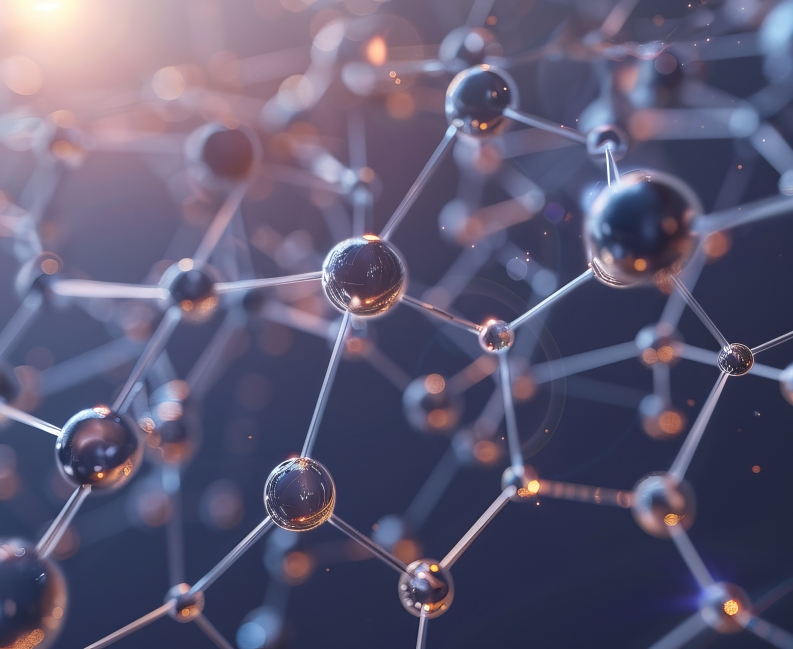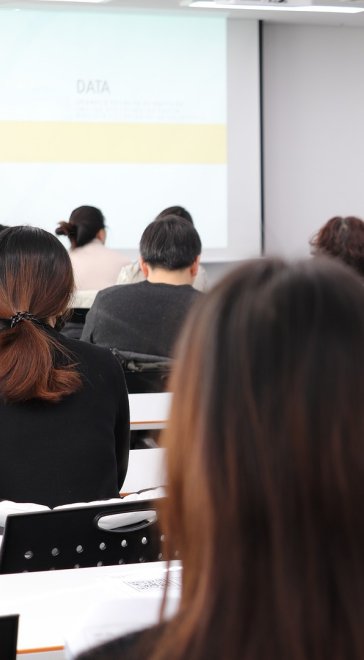Quantisation of Hall conductivity in infinite interacting fermion systems

Understanding the exact quantisation of the experimentally observed Hall conductivity has led to many interesting developments also in mathematical physics and to two Nobel prizes in physics. Although the problem is now more than 40 years old, significant progress has been made on a rigorous level for interacting systems in the last ten years. In my talk I will briefly review some of the mathematical highlights of this development and then present a new result: We consider infinite systems of interacting electrons on a lattice governed by a translation-invariant Hamiltonian with a unique gapped ground state. Using the NEASS approach, we show that
the Hall conductivity of such a system at zero temperature is given by a many-body version of the famous double-commutator formula without power-law corrections. We also show that this formula takes only quantised values. The main novelty compared to existing mathematical results is that we consider the conductivity instead of the conductance, and that working directly in infinite volume simplifies and clarifies some arguments, provided one is willing to work in the C^*-algebraic framework used in the mathematical description of such systems.
In the first lecture I will mainly talk about the history of the problem and set up the mathematical framework. In the second lecture I will present the new results. The latter are based on joint work with Giovanna Marcelli, Tadahiro Miyao, Domenico Monaco and Marius Wesle.
This initiative is part of the "PhD Lectures" activity of the project "Departments of Excellence 2023-2027" of the Department of Mathematics of Politecnico di Milano. This activity consists of seminars open to PhD students, followed by meetings with the speaker to discuss and go into detail on the topics presented at the talk.

